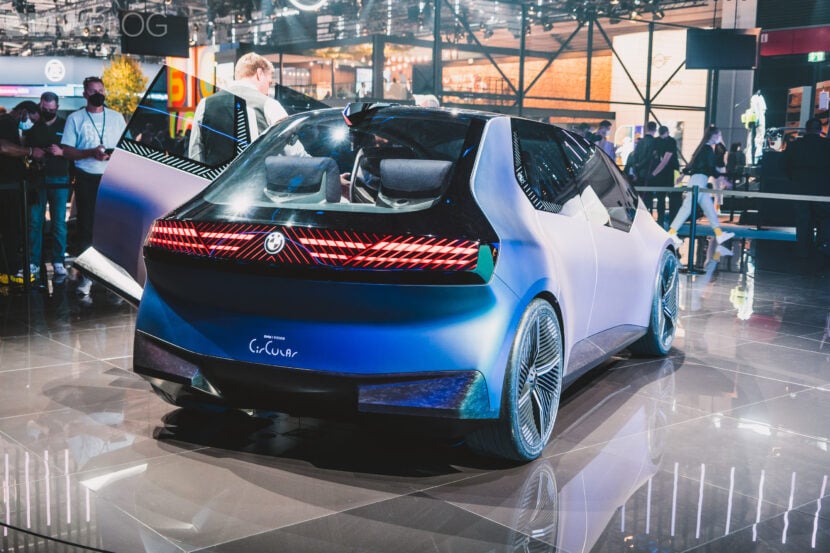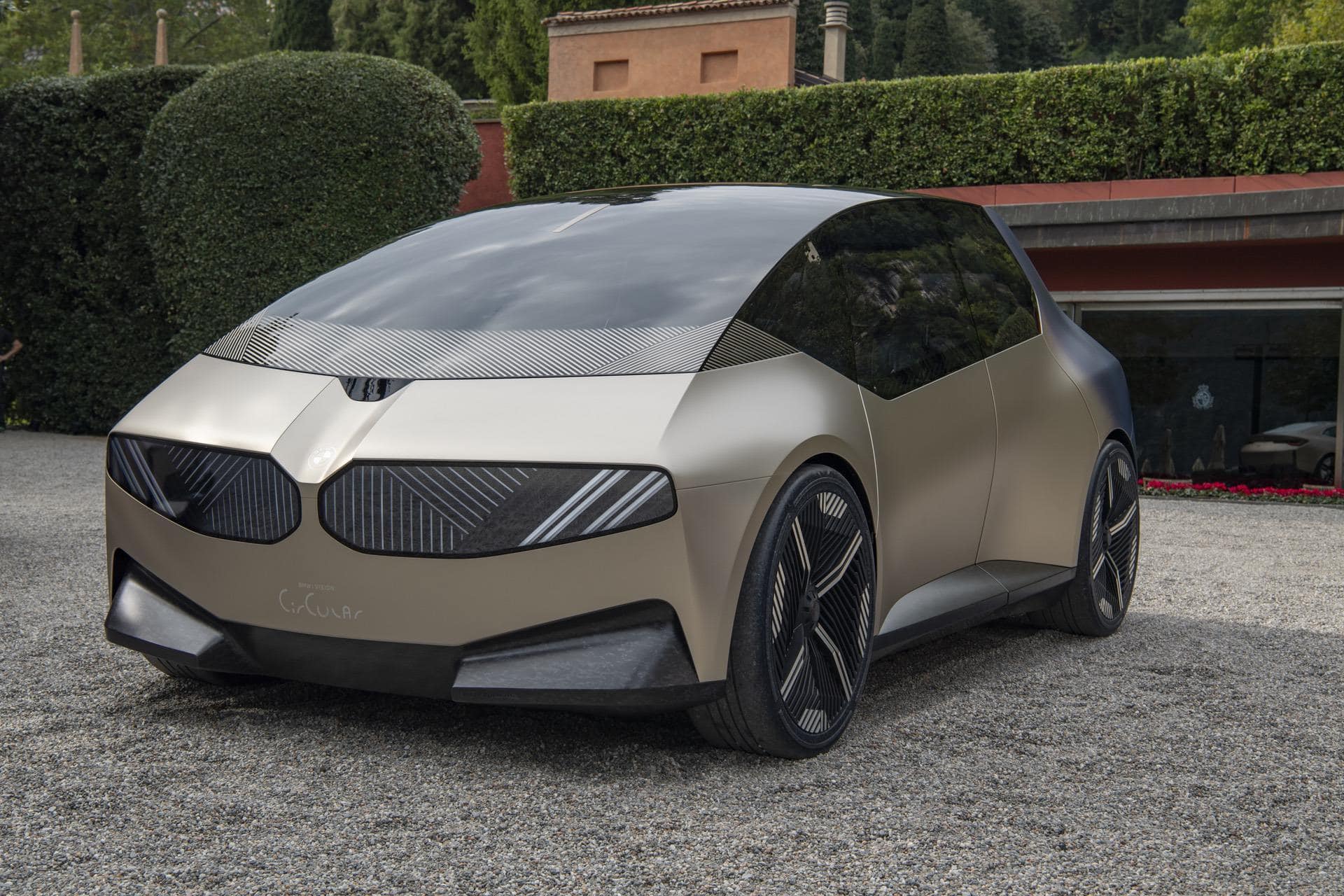With the demise of the funky i3 in mid-2022, BMW doesn’t have a true entry-level EV anymore. Although the moniker has been repurposed for a long-wheelbase 3 Series Sedan without a combustion engine, that car is made in China only for the local market. Pictured here, the i Vision Circular did portray a zero-emission compact hatchback, but it wasn’t a preview of an i3 replacement as the idea behind the concept was to illustrate how materials can be reused for better sustainability.
Consequently, those hoping for a cheaper electric car from the Bavarian brand are in for a long wait as it seems the iX1 will have to suffice for the time being. The problem is BMW has decided against bringing the ICE-less crossover to the United States where the i4 eDrive35 is not exactly affordable since it carries a starting price of $51,400. In an interview with CNBC, the automaker’s CEO was brutally honest about electric car pricing.

Speaking at CES 2023 in Las Vegas where the i Vision Dee was unveiled, Oliver Zipse warned “electromobility will never be cheap.” Seeing the glass half full, BMW’s head honcho said prices will come down once the German brand will be able to scale up EV production. Following the i5 launching later this year and iX2 in 2024, the next important milestone will take place in 2025 with the Neue Klasse. The dedicated platform will be inaugurated with an i3 Sedan and the next-gen iX3.
Aside from making NE-based cars in Debrecen and Munich, BMW intends to invest $1 billion in Spartanburg to build at least six electric SUVs by 2030. These are likely to be on the more expensive side since the factory in South Carolina doesn’t make the X1 and X2. Cheaper EVs are likely to be made elsewhere, with yet-to-be-confirmed rumors claiming an i1 hatchback will be made in Germany beginning in late 2027.
By the end of the decade, BMW projects half of its annual sales will be represented by purely electric vehicles. In the meantime, EVs accounted for almost 10% of all deliveries in 2022.
Source: CNBC Television / YouTube





































































